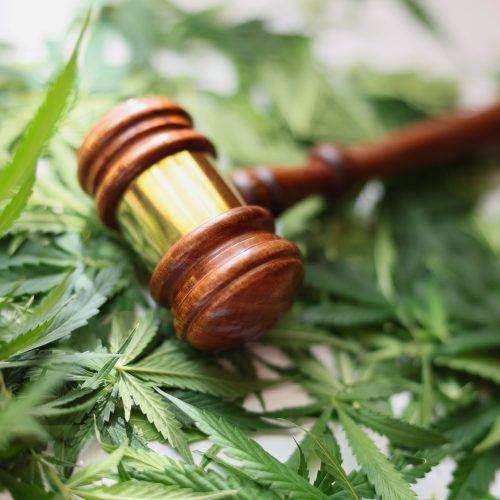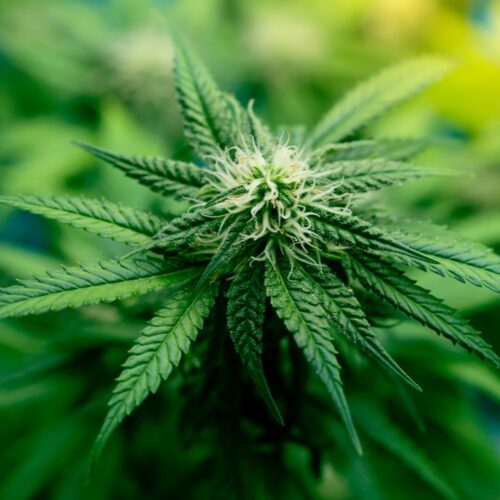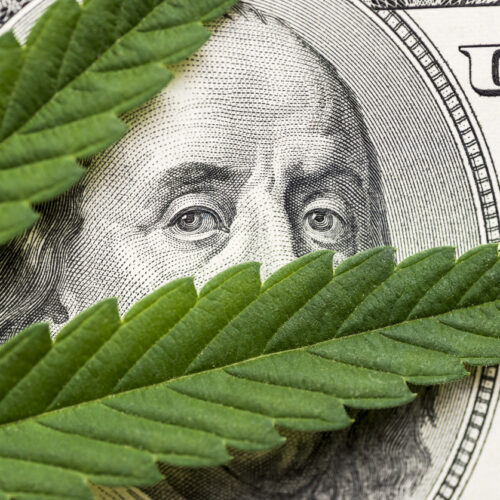Smoke ‘Em If You Got ‘Em—Cannabis Decriminalization Buzzing
6/18/2020
Archaic federal and state criminal cannabis laws, specifically in the “Garden State,” have had devastating repercussions for people who have become victims of the failed policy of cannabis prohibition. On June 4, 2020, a bill (S-2535) was introduced to the Senate that would decriminalize and reduce penalties incurred for certain cannabis-related offenses in New Jersey. Just over a week later, on June 15, 2020, Assembly Bills 1897 & 4269 were also presented, combined, and passed by the Assembly Community Development and Affairs Committee. In theory, the agendas are vastly similar. The goal behind both bills is a movement for decriminalizing small amounts of cannabis and reducing civil and criminal penalties for possessing large amounts. Either of the approaches would reduce the approximate $130 million spent annually in New Jersey on cannabis law enforcement and eliminate the dubious distinction that New Jersey holds of incarcerating more people for cannabis offenses than anywhere else in the country.
Under the bill known as S-2535, offenses such as possession of one pound or less of marijuana would be an unlawful act, but subject first to only a written warning. A related second offense would subject an individual to a civil penalty of $25 or performance of comparable community service. Conversely, the Assembly Bill(s) 1897 and 4269 would call for more of a reduction or “scaling back” from the current penalties on the books. For instance, under the Assembly legislation, a first-time offense for possession of marijuana would carry a reduced penalty of six months incarceration and a fine of $1,000. New Jersey has been over-penalizing individuals for marijuana offenses for far too long. Under our current law, distribution of less than one ounce of marijuana is punishable by up to 18 months in state prison and a $10,000 fine!
Although some technical aspects of the bills do differ, they share many positive decriminalizing commonalities. First off, both bills would create a path for individuals with prior cannabis convictions to be “virtually” expunged (without having to actually petition or enter a Court), and the criminal cannabis offense(s) would be deemed to never have occurred. In addition, both initiatives include protections for the policies that compel oversight and compliance with the enforcement of new decriminalization guidelines. These protections include penalties against employers, lending organizations, and law enforcement agencies who fail to comply with the new legislation. For example, if an employer discriminates against an employee for a decriminalized cannabis-related offense, that employer can be fined and or prosecuted for doing so. Furthermore, records concerning apprehension, detention, and or arrest, would be made confidential and no longer subject to public inspection under the Open Public Records Act. In sum, all of these initiatives would further prevent previous criminal cannabis-related information to be made available to a potential future employer, landlord, Court, or government agency and consequentially, could even have a completely organic and positive effect on our current social justice reform needs. For New Jersey, time could not be more of the essence!
While we await voter approval of an adult-use cannabis marketplace, it is imperative we address those who are incarcerated every day on marijuana-related charges. The need for cannabis reform should not wait until the November election and the vote on the cannabis ballot question. Immediate decriminalization of cannabis in New Jersey can set the table for November’s ballot box and create a movement for those individuals who have been left stuck in a criminal system that continues to fail them.












